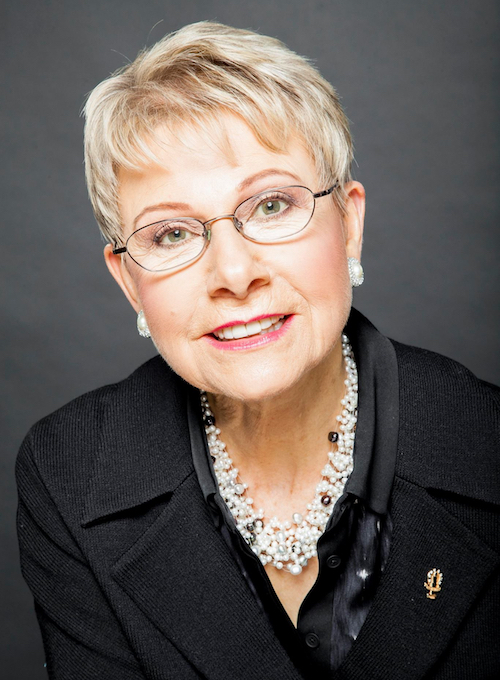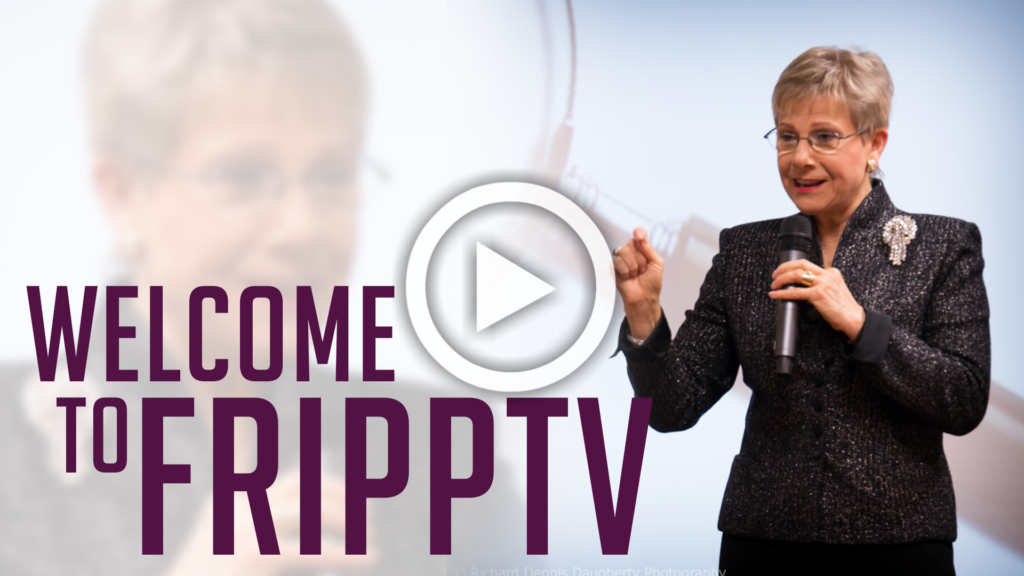
As an executive speech coach, I remind clients that specificity builds credibility. Eliminate words that have no meaning. It’s a bad habit to start sentences with a meaningless “And…” or “But…” This is true both in writing and speaking.
When I spoke at the Ragan Speech Writers conference, I met experts like Rob Reinalda, Executive Editor at Lawrence Ragan Communications. I share Bob’s excellent recommendations, first published in Ragan Communications, to improve your public speaking and business communications. Let Bob’s advice help you to choose your words carefully to build credibility, sound intelligent, and make your message understood.
It’s a conversational writing device that, originally intended as a verbal condiment, has taken over the entire sandwich. Time to spit it out, cleanse your palate, and start over with a clean plate.
How to Avoid Beginning Sentences with And or But
“AND I’m not going to tell you what it is.
BUT I’m betting you can guess.
AND I won’t have to go on much longer with this maddening affectation reminiscent of a kindergarten show-and-tell presentation.
AND I’m running out of ways to perpetuate this motif anyway.
BUT I won’t let that stop me.”
As I’ve previously written, there’s a huge distinction between adopting a conversational tone and engaging in sloppy writing. The idea of “writing like you talk” was originally intended to wean corporate communicators and others off stilted, pedantic prose and jargon-laden gobbledygook.
Alas, we have ended up with a pandemic of people writing like a 5-year-old talks:
“We went to a dairy farm. Aaaaaaand we saw cows. Aaaaaaand they milked one of the cows. Aaaaaaaand we saw an old-fashioned butter churn. Aaaaaaaand . . .”
An occasional sentence-starting conjunction is fine. I don’t believe in absolutes; I do believe in moderation and in breaking rules for a reason, but it must be done judiciously for optimum effect.
If a writer dips into the conjunction well too often, it simply becomes a tic. With that in mind, let’s look at five alternatives to beginning sentences and, heaven forbid, paragraphs with and or but.
Compound Sentence
Fearing the dreaded run-on sentence, especially in the online, short-attention-span sphere, writers frequently opt for a period where a comma will do nicely.
Instead of, “No job is perfect, but too often, young PR professionals complain without offering solutions,” try, “No job is perfect, but young PR professionals too often complain without offering solutions.”
Granted, this almost requires one to move the modifying phrase, but that’s a plus. It’s now closer to the verb it modifies.
Semicolon
This handy little punctuation mark works best with two concise, related thoughts.
Instead of, “I have eclectic taste in food, and escargots are my favorite breakfast,” try, “I have eclectic taste in food; escargots are my favorite breakfast.”
Dependent Clauses & Segue Phrases
If you have a transitional phrase in place, there’s no need for a transitional conjunction.
Instead of, “And despite her professional demeanor, Nancy does have more tchotchkes in her cubicle than anyone else in the company,” try, “Despite her professional demeanor, Nancy does have more tchotchkes in her cubicle than anyone else in the company.”
Taking it a step further, you could condense the phrase into a word or two.
Instead of, “And despite her professional demeanor, Nancy does have more tchotchkes in her cubicle than anyone else in the company,” try, “Professionalism aside, Nancy does have more tchotchkes in her cubicle than anyone else in the company.”
True, but she’ll never match Craig’s collection of troll dolls.
Simply Eliminating the Conjunction
The usual purpose of using and or but between clauses is to bolster or negate (respectively) the previous contention. If that support or contradiction is strong enough, there’s no need for a conjunction.
Instead of, “Cooking shows are popular at our house. And we set the DVR to catch every episode of Chopped,” try, “Cooking shows are popular at our house. We set the DVR to catch every episode of Chopped.“
To Show Contrast
Instead of, “Cooking shows are popular at our house, but we make sure to watch the evening news,” try, “Cooking shows are popular at our house. We make sure to watch the evening news though.
The final though helps punctuate the contrasting pair of statements.
Substitute Words
Finally, words like also, however, moreover, and the like are effective but can seem a little stuffy, so use them sparingly.
Instead of, “Great-aunt Vera enjoys macramé. And one time her neighbor said macramé was stupid, so she decked him,” try, “Great-aunt Vera enjoys macramé. Moreover, one time her neighbor said macramé was stupid, so she decked him.”
One last idea, please: If you do use and or but to start a sentence, omit the comma immediately after the conjunction in question. That also goes for or. Wrong: And, I mean it. Right: And I mean it.
Thank you, Rob Reinalda! You have a fan in Patricia Fripp.
Much of this content first appeared in an article in Ragan Communications – a great source of information about business communications!
Powerful Persuasive Presentations: Powered by FrippVT Virtual Training
FrippVT is a state-of-the-art, web-based training platform that emulates live training and coaching. It is almost as if Presentation Expert and Executive Speech Coach, Patricia Fripp were sitting in front of you. FrippVT is designed to be immediately engaging and makes it fun to learn. If you are a novice presenter or a seasoned professional, you will find the content both practical and relevant.
Sign up for your complimentary trial and discover how FrippVT can transform you and your team. Take advantage of your free trial.
“Having easily connected easily to Patricia Fripp’s principles for refining my speaking, I began to feel more confident. Whether I’m speaking to one person, a small group, or hundreds of people, the art of communication is a gift. FrippVT provides the structure and strength to allow one’s heart, passion, and message to be received easily with deep resonance.”
– Amy Towner, CEO, Ventura County Health Care Agency
Companies hire Patricia Fripp to help them gain a competitive edge that comes from perfecting their important conversations and presentations.

